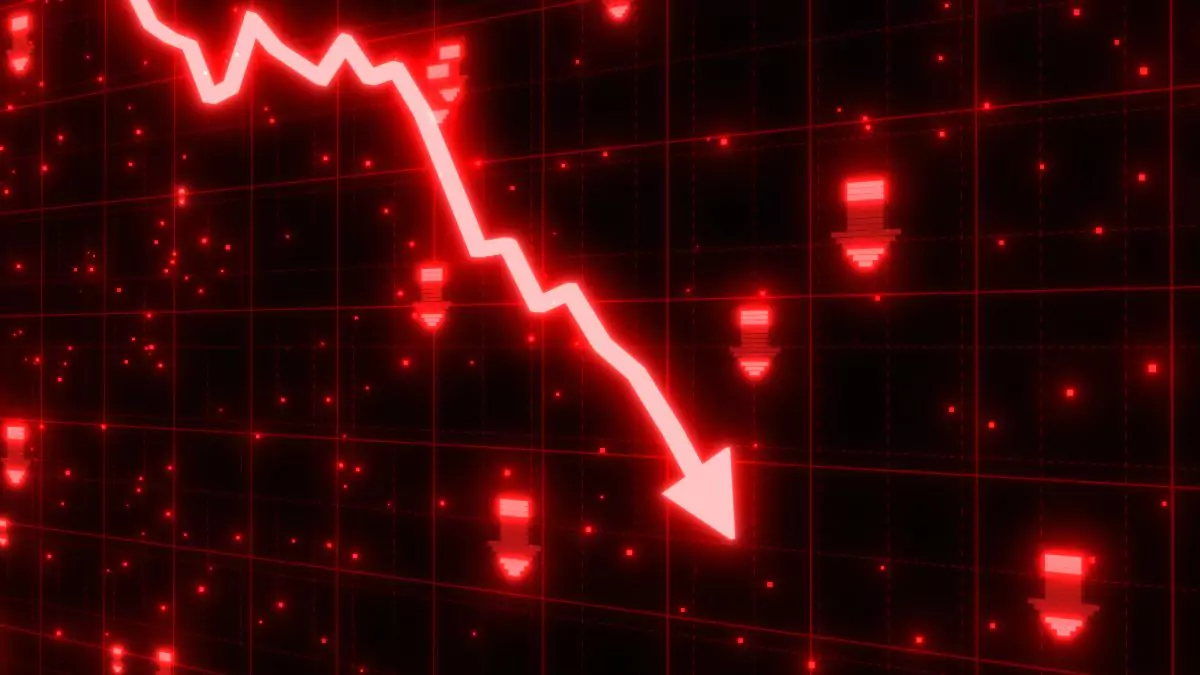April 5, 2025 – A seismic shockwave has hit global markets following U.S. President Donald Trump’s tariff announcement on April 2, 2025, erasing $2.5 trillion from Wall Street and sending shockwaves through financial centers worldwide. The tariffs, ranging from 10% to 50% on both allies and adversaries, have ignited fears of a global recession, with experts warning of severe economic fallout.
Trump’s “liberation day” tariffs, announced in a Rose Garden address, aim to address the U.S.’s $903 billion trade deficit by imposing levies on imports from countries like China, the EU, and Canada, as detailed in a Guardian report on the market turmoil. The policy has backfired spectacularly, with the Dow Jones Industrial Average plummeting 3,900 points over two days—the largest such drop in history—while the Nasdaq Composite, home to tech giants, entered a bear market, as reported in a CNBC analysis of the sell-off.
Global retaliation has been swift. China imposed 34% tariffs on all U.S. goods, while the EU is preparing retaliatory measures targeting American products like blue jeans and orange juice, set to be announced by mid-April, according to a Financial Times report on international responses. Canada and Mexico, key partners in the United States-Mexico-Canada Agreement (USMCA), face strained relations, with Canada calling the tariffs “unwanted,” as noted in The Guardian report.
The economic impact is stark. A Tax Foundation study estimates that the tariffs will reduce U.S. GDP by 1.3% in the long run, even before foreign retaliation, while increasing federal tax revenues by $3.8 trillion over the next decade. However, the immediate cost to U.S. households is significant, with the tariffs amounting to an average tax increase of $1,900 per household in 2025, per the same study. Federal Reserve Chair Jerome Powell warned that the tariffs would boost inflation and dent growth, ruling out an immediate interest rate cut, as highlighted in the CNBC report.
In tech hubs like San Francisco and Seattle, where the Nasdaq’s tech-heavy index is closely watched, the market crash has raised alarms. The sell-off, which also saw Asian and European exchanges plunge, has been compared to the 2008 financial crisis, with traders on the New York Stock Exchange describing the volatility as unprecedented, per a Bloomberg report on market dynamics. Wharton School professor Jeremy Siegel called the tariffs “the biggest policy mistake in 95 years,” as quoted in a MarketWatch summary of expert reactions.
Trump remains defiant, claiming on Truth Social that a deal with Vietnam to cut tariffs to zero is in the works, as noted in a Politico report on Trump’s statements. “ONLY THE WEAK WILL FAIL!” he proclaimed, though his optimism contrasts with the dire warnings from economists and global leaders, including Germany’s Olaf Scholz, who called the tariffs “fundamentally wrong,” per The Guardian.
The tariffs reflect a broader trend of U.S. protectionism, seen in policies like the U.S. ban on DeepSeek AI and the TikTok ban saga, which also highlight tensions in global trade and tech. As the world grapples with the fallout, the risk of a global recession looms large, with markets and policymakers on edge. For more on economic and tech trends, explore our coverage of AI-driven market shifts.







